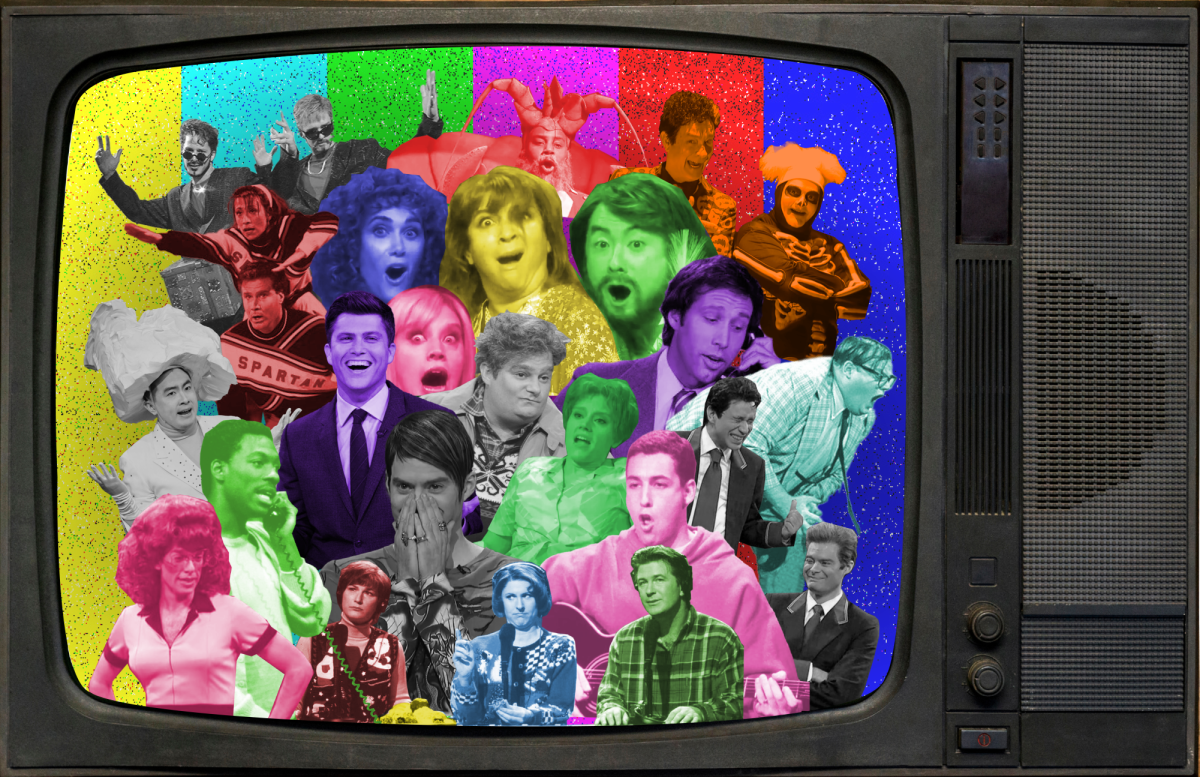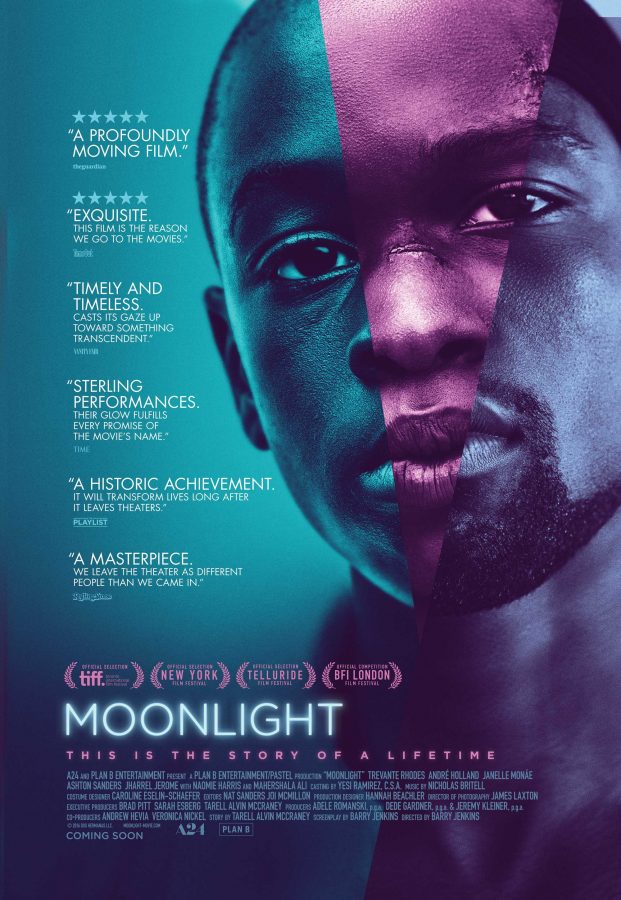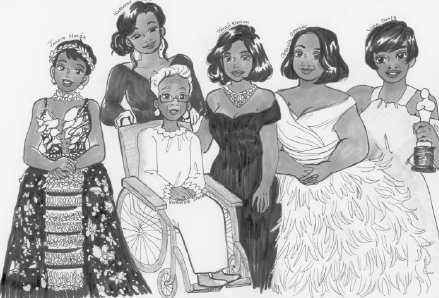By Maya Valentine
Contributing Writer
In this profoundly meditative documentary, you are transported into the innermost confines of James Baldwin’s mind. “I Am Not Your Negro” is not as much a visual experience as it is an intellectual one and the specialty of it being released during Black History Month gives the film a completely new standard of importance. The viewer listens to the seamless narration of Samuel L. Jackson and allows, willingly, to be stimulated by the most unique philosophies ever associated to black life.

The film uses a balanced mixture of content. Photos stir across the screen, sometimes randomly and out of sync, as if they were thrown together like an afterthought. One can only assume that the relevance of such a piece is not so much with the somehow familiar footage of 1960’s Harlem, the somber photos of those such as Malcolm X, Martin Luther King Jr., and Medgar Evers, or the contemporary shots of police brutality, but rather, the words.
Baldwin’s own thoughts that were originally contained in a 30-page manuscript, now play before you, casting a spell of knowledge upon your own consciousness. His words, that seem to have leapt of the pages and onto the moving screen, reverberating from the walls around you until echoing into your very being. These words seem to make sense to us and marry with the perceived randomness we experience ocularly. They act like glue to not only the entire content of the film, but to some obscure but tangible aspect of our own lives.
He articulates, quite perfectly, the state of the time, meaning of course, the terror of the Civil Rights area. The intimacy Baldwin has with his time is illustrated through his relationships with Medgar Evers, Malcolm X and Martin Luther King Jr., all successful figures in the struggle for black rights and all, we are forced to recollect, murdered within 5 years of one another.
Baldwin taps upon the most historically significant period in American history by dissecting the human condition. Our superficial connection with the world in which we live in is exemplified in his analysis of film in particular. The ways in which depictions become our ideal fantasies and pseudo realities, cause us to ignore the very immediate and salient conditions of our time, and make us strive to live lives so empty and mundane that we are no longer experiencing the human potential of livelihood. This also, he doesn’t forget to point out, has a correlation to the very ways racial oppression is maintained throughout our society.
The documentary strategically sprinkles rare footage of Baldwin speaking and lecturing. We have the humbling opportunity to sit and to listen on his contribution to racial politics and his strong ideologies on change and progression. Baldwin philosophizes and critiques the situation of America yet a recurring tone in the documentary is one of hope. Above all else, this optimism is left with the viewer until the very end.
Perhaps, after going through such an experience, an instinctive reaction would be to feel defensive, dejected and skeptically contemplative. As you sit watching the sharply animated credits play to the sound of Kendrick Lamar’s “Blacker The Berry,” you realize the power that Baldwin had in his time and the revival of that power today.
Raoul Peck, director and craftsman, creates a new platform for Baldwin. A platform for a space so deeply ingrained within American reality that you cannot deny nor pretend as if we, in some fantastical way surpassed our history. Baldwin comes back to us on this platform with a message, a reminder, and a warning: I Am Not Your Negro.
Happy Black History Month.




















